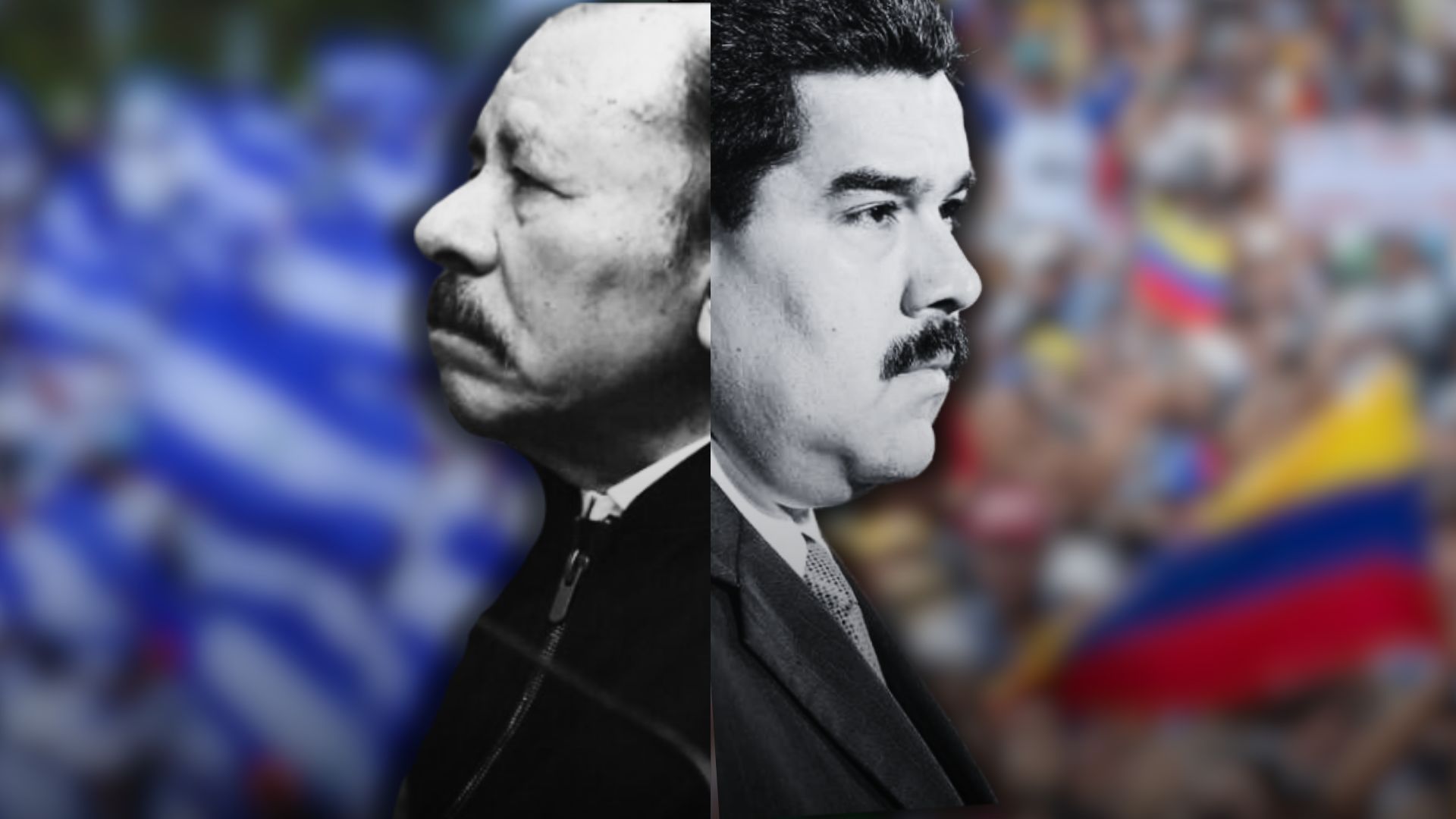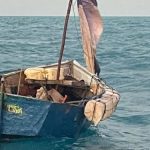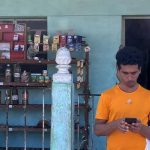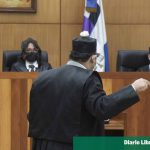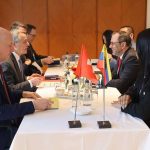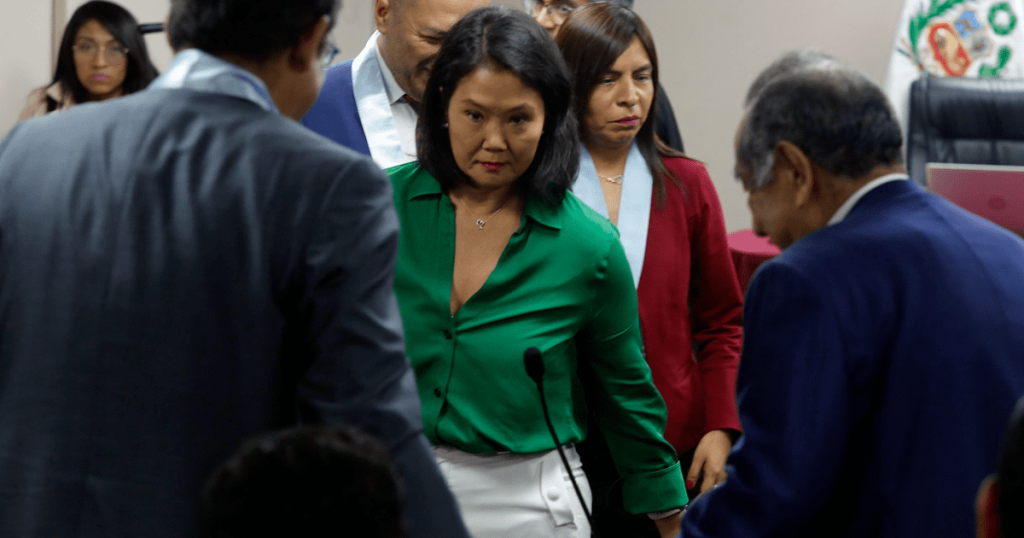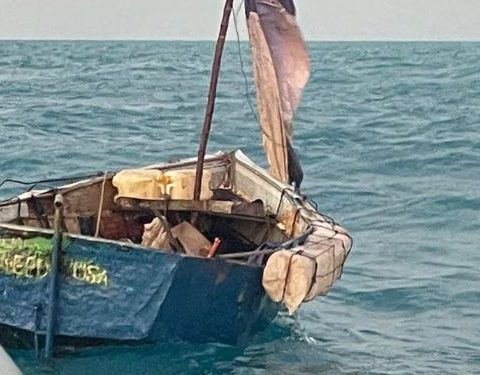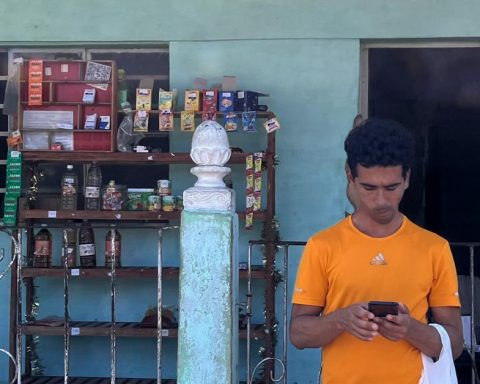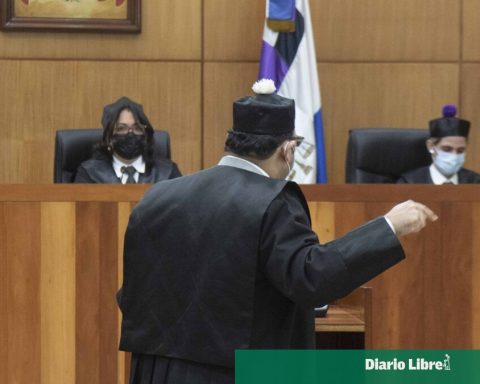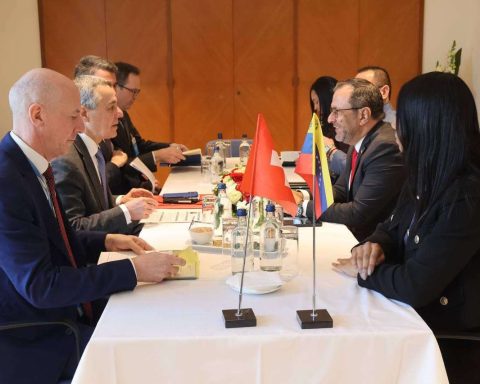The dictators are furious. The one over there and the one over here. Daniel Ortega, the oldest of the two, screams with rage and fury on national television because the world does not recognize the other dictator. Nicolás Maduro is less old but just as heartless and repressive as the Nicaraguan.
Both of them rant, threaten, insult, attack, disqualify and kill. Both of them, in the name of peoples who, on the ballots and in the streets, have despised and rejected them, have managed to manipulate, twist the law, break it and create the circumstances to continue there, bolted to the chair of the one who commands the most and hooked on the shoulders of increasingly reduced bases, but violent and ignorant.
This was revealed in an interesting debate on X, on the night of July 30th in the account We are the Resistance (@SomosSLR), in which political scientists Manuel Orozco, José Antonio Pereza and writer and analyst Israel Lewites, debated the topic of Venezuela and Nicaragua before a virtual audience of 687 connected accounts for three hours and 17 minutes.
For specialists, with their natural differences in style, context and results, the two dictatorships (that of Venezuela and that of Nicaragua) have implemented fraud and methods of repression to stay in power and in both cases, the results have been the same: they have stayed in power, dealing with international sanctions, causing exile of thousands, crisis, illegitimacy, brutal repression and systematic violations of human rights.
In the end, they point out, albeit with slight nuances, both dictatorships remain supported by weapons, assuming all the political and economic costs and maintaining power based on repression, exile and hopes in alliances of little benefit and a lot of propaganda with countries such as Russia, China, Iran or Cuba.
The Venezuelan case: far from democratic
The Carter Center, which monitored Venezuela’s presidential election on July 28, 2024, denounced that the process “failed” to meet international standards of electoral integrity.
The organization said it could not verify the authenticity of the results declared by the National Electoral Council (CNE) of Venezuela, which declared Nicolás Maduro the winner, with more than two million votes still to be counted.
The lack of transparency and the bias in favor of the ruling party mark this electoral process and mark it, as in the case of Nicaragua in 2021, as undemocratic. What the Carter Center said about Maduro on July 30, Ortega said on October 29, 2021, a week before the electoral simulation.
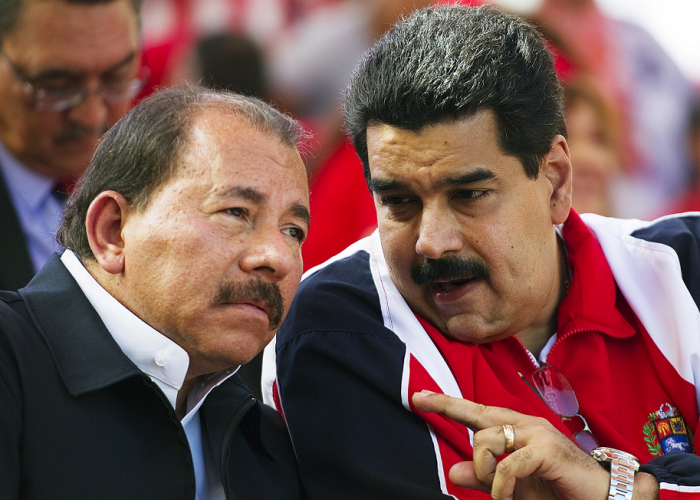
Since Ortega and Maduro came to power, there have been no legitimate elections in Nicaragua or Venezuela
Jennie K. Lincoln, senior adviser at the Carter Center on peace initiatives in Latin America and the Caribbean, said at the time that there were no conditions for credible elections in Nicaragua that year. Lincoln, who has been an electoral observer in Nicaragua in the past, said that “the fraud has already been done and human rights are on the floor.”
Related news: Daniel Ortega and Evo Morales support Maduro, the dictator who threatens a “bloodbath” if he loses the elections
She said then, just as she did in 2012, that the electoral process in Nicaragua did not meet international standards in electoral matters and that due to the conditions of repression she said that “Nicaraguan democracy is already dead.” In addition, the Carter Center indicated that the elections did not meet the minimum requirements to be considered democratic, auditable and legitimate. Despite the distance from reality, this Tuesday, the organization said the same about Venezuela.
Devils and similar sins
What Maduro is experiencing today was experienced by Ortega in 1990. In 1990, Ortega’s reasons for accepting the elections were the cessation of aid from the socialist bloc, economic ruin due to a war lasting more than 10 years, and international pressure.
Although Maduro’s reasons are not known for certain, the international circumstances are in some ways similar to those of Ortega in 1990: an economy in ruins due to corruption and poor public administration, worsened by international sanctions, an international image “in tatters” and a mistaken belief of having social control.

The situation in Venezuela reflects similar methods of fraud, repression and abuse of power seen in Nicaragua since Ortega’s return in 2007.
Both countries, under the leadership of Nicolás Maduro and Daniel Ortega, have faced criticism for the lack of conditions for free and fair elections. For experts, the way they remain in power and the state control based on repression makes them illegitimate from birth. As a result, they become international pariahs and members of a small club of politicians capable of anything to remain in power.
Government control
Specialists say that in Nicaragua, The Supreme Electoral Council (CSE) is seen as an organization at the service of the Sandinista National Liberation Front (FSLN), with accusations of a lack of impartiality and transparency since 2008.
“In Venezuela, the National Electoral Council (CNE) is controlled by the Chavista government, raising doubts about the legitimacy of the process,” they say.

“There is no transparency,” they say. In Nicaragua there are no mechanisms to audit the electoral process, leading international observers to believe that the elections are designed to favor the FSLN.
The same thing happened in Venezuela. The CNE did not provide results broken down by polling station, constituting a serious violation of electoral principles and the perception that the altered data was programmed to steal the election in case they did not win by votes.
International rejection
In Nicaragua, the opposition and the international community have denounced the processes as fraudulent. The European Union, the United States and the OAS have criticized the legitimacy of all electoral processes since 2008.
Meanwhile, in Venezuela, several countries and organizations, including the OAS, have questioned the validity of the results of the 2024 elections, with the opposition claiming that Edmundo González is the real winner with almost 70 percent of the votes.
Repression and abuse of power

It has been reported that Since June 2021, the Ortega-Murillo regime has arrested 39 opposition figures, including seven presidential candidates, and eliminated the political status of three parties. In other words, it has “killed the cat at the door” before opening the polls.
And in Venezuela, the opposition faced disqualifications of candidates, persecution and lack of access to the media. The exclusion of key opposition figures marked the 2024 elections.
Participation and opposition
Nicaragua: The opposition was practically dismantled and could not compete on fair terms. The 2021 elections were held in a context of repression and without the participation of the main opposition parties, in response to which Ortega enabled allied parties and candidates and extras to put on the circus.
Venezuela: Although the opposition has had a more visible presence, it has faced significant obstacles. The exclusion of key opposition figures raised questions about the legitimacy of the process even before the vote.

International observation
Nicaragua: The lack of impartial international observers has been a constant in the electoral processes. Ortega has dismissed international criticism, arguing that external interventions are necessary and has created the figure of “accompaniers” by authorizing allies and figures of global irrelevance to avoid surprises contrary to his plans.
Related news:Maduro copies the “Sovereignty Law” of his crony Daniel Ortega
Venezuela: The government refused to allow independent observers, increasing distrust in the election results, and although it admitted the Carter Center, it limited its involvement to the pre-voting process. The international community has demanded conditions for real and professional electoral observation.

In both cases, The elections in Nicaragua in 2021 and in Venezuela in 2024 share significant similarities in terms of government control, lack of transparency and international rejection.
Both countries exhibit a pattern of abuse of power and repression that compromises democratic legitimacy, mirroring similar methods of fraud and repression under the regimes of Nicolás Maduro and Daniel Ortega.
